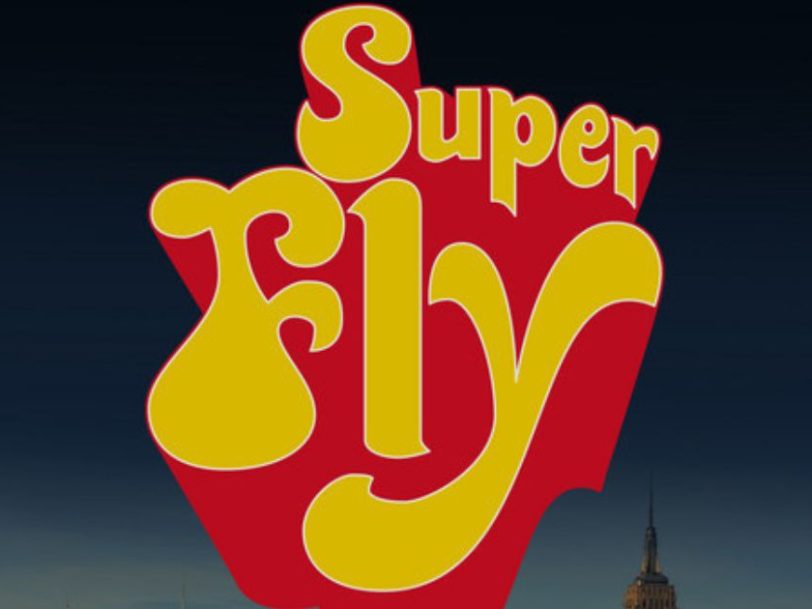They don’t make action-movie soundtracks like this anymore – probably because there’s nobody like Curtis Mayfield to write them. Super Fly, the album, sold millions of copies and delivered hit singles, giving the movie’s profile a huge lift when it premiered in August 1972. While the film retains a period charm, it’s the songs that resonate when you see it, along with the sharp clothes designed by Nate Adams, and a touch of street attitude.
Listen to ‘Super Fly’ here.
The coolest, funkiest lament about the urban criminal lifestyle
Curtis Mayfield’s Super Fly soundtrack broke the rules; it did not echo the movie’s attitude to its storyline and characters. It may have had a song on it called Pusherman, but it didn’t celebrate that way of life. The movie’s protagonist, Youngblood Priest, wants to quit his violent drug-dealing life but, locked in a society that offers little hope, his only option is one final million-dollar deal to bust him out of his invisible cage. Inevitably, things go wrong. Associates are killed, he is double-crossed, his mistress rejects him: it’s a grim situation dressed as dynamite action. Curtis saw through the gangster chic and wrote songs that focused on the characters’ humanity, providing a deeper insight into their lives than the movie itself. The album’s sound epitomises the funky soul of its era, but its lyrics do not celebrate the “junkie plan pushing dope to the man”. Super Fly is the coolest, funkiest lament about the urban criminal lifestyle you could imagine.




